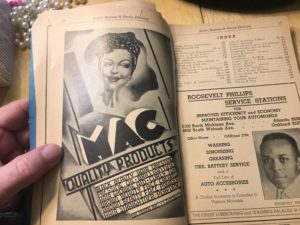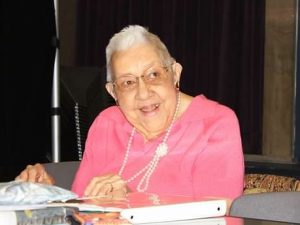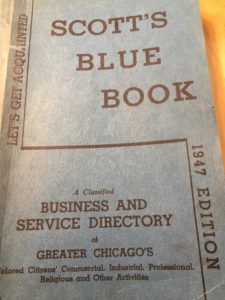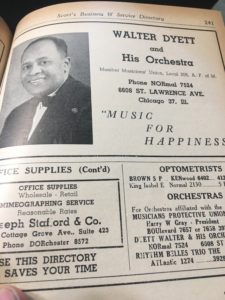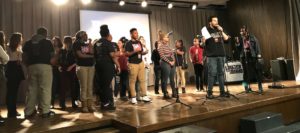Next thing you know I’ll be running for mayor
March 6, 2019 • 29 Comments • Posted in memoir writing, politics, public speaking, teaching memoir, writingEvery year the Cliff Dwellers (a private arts club in Chicago) invites girls from nearby public high schools and their teachers to join them for a special lunch to celebrate International Women’s Day. Last year the keynote speaker for the event was Toni Preckwinkle, one of the two African American women in the upcoming run-off election for Chicago mayor. This year, the keynote speaker is…me.
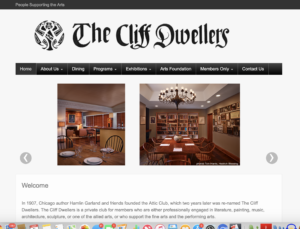
Learn more about the Cliff Dwellers Club at their site.
Can I fill those shoes? Not likely. But I’ll have help. The theme for Friday’s event is “Telling Our Stories,” and The Cliff Dwellers have already ordered copies of my book Writing Out Loud to give as a gift to each high school girl in attendance. That is my favorite part of this whole shindig: I’ll be able to talk one-on-one with each and every teenager as they come up to have me sign their copy. Something tells me they’ll enjoy meeting Whitney, too.
I need to polish off notes for my talk now. How about I leave you with the press release – it says it all, including that the event is sold out. Sorry! But happy.
Media Contact:
Eve Moran (312) 720-5803
Email: evemoran128@gmail.comAttention: Assignment Editors and Producers – Important opportunity
International Women’s Day ProgramOn March 8 (12 -2 p.m.), Beth Finke (NPR commentator, author, teacher: who also happens to be blind) will deliver the Keynote address. Further, artists talks will be presented by the distinguished artists currently on exhibit at the Club: Debra Hand (sculptor), and Barbara Karant, (photographer). Finally, Michelle Duster (writer, speaker educator) will speak on the impactful life of her great-grandmother, Ida B. Wells, as we celebrate the recent street naming, Ida B. Wells Drive, in her honor.
Since 2012, The Cliff Dwellers has been celebrating International Women’s Day in a very special way. Students and teachers from nearby high schools (Chicago Tech, Jones, and Muchin) are invited to a lunch program featuring inspiring speakers. They sit among women (and men) of different backgrounds and work experiences to share personal stories. The interaction makes it an uplifting event for all participants.
Acclaimed Soprano Kimberly Jones is also scheduled to perform.
The event is Sold-Out.
Press is invited.Background
The Cliff Dwellers is a haven for artists and arts lovers. Founded in 1907 (as the Attic Club), it was re-named The Cliff Dwellers and incorporated in 1909. The Cliff Dwellers is a private club and its members are either professionally engaged in literature, painting, music, architecture, sculpture, or one of the allied arts, or embrace and support the fine arts and the performing arts. See www.cliff-chicago.org
200 S. Michigan Avenue
Chicago, IL 60604
312-922-808


